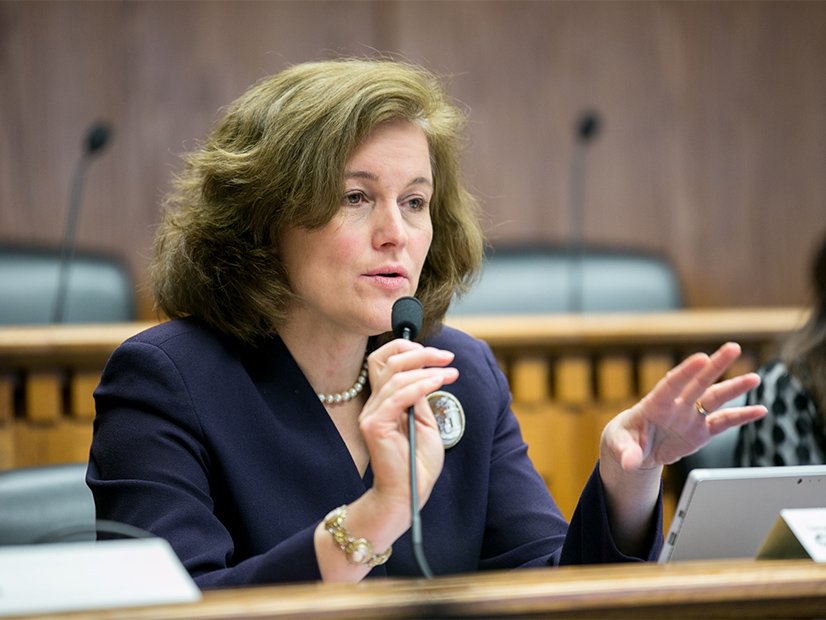The big question on a Washington bill to add “a climate resilience element” to regulating residential water systems was: What would that rule physically do?
Sen. Mark Schoesler (R) posed that question Wednesday at a public hearing on the bill held by the Washington Senate’s Environment, Energy and Technology Committee.
Introduced by Sen. Christine Rolfes (D), Senate Bill 5626 would order the Washington Department of Health to require public water systems serving 1,000 or more connections to include a “climate resilience element” as part of water system plans, beginning Jan. 1, 2024. Local governments would be required to study how climate change could affect their water systems and then take remedial measures.
The bill would allocate $10 million every two years to help with those measures. That was the part that stumped Schoesler.
“What are we going to buy for $10 million?” he asked.
Rolfes said she had not seen the committee staff’s $10 million estimate until just before the Wednesday morning hearing. “The $10 million is new to me,” she said. Meanwhile, committee staff members were also unsure about what the allocations would be used for, other than acting on potential problems identified by studies.
Committee member Sen. Liz Lovelett (D) then pointed to her hometown of Anacortes on Fidalgo Island, which is long and narrow, and juts westward like a peninsula into Puget Sound from northwestern Washington. A water channel converts the “peninsula” into an island.
Lovelett noted that rising water levels from Puget Sound had periodically flooded water lines in and around Anacortes, prompting the town to move its water lines to higher elevations. She cited that as a possible remedial action that could have used a grant from a $10 million state fund.
Five people testified in favor of Rolfes’ bill, including representatives from the Sierra Club, the Washington Public Utility Districts Association and the Climate Impacts Group at the University of Washington. No one testified against the bill.
All stressed the need for studies to pinpoint threats from flooding and wildfires, which they linked to global warming.
Amy Snover, director of the Climate Impacts Group, said a data clearinghouse is needed to help local governments find information to evaluate potential threats from flooding and wildfires. Geography and topography would be major factors in those evaluations, she said.



